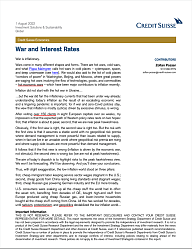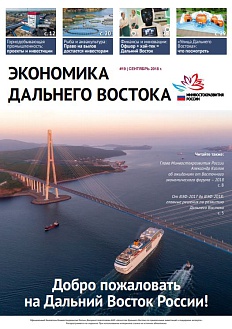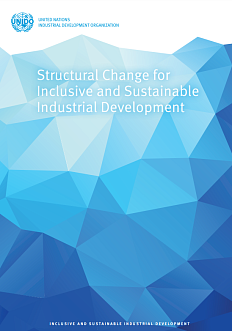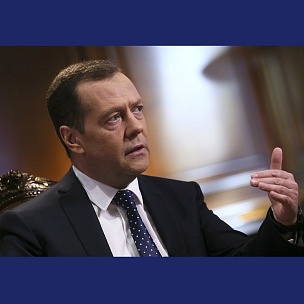Analytical report by Credit Suisse on the causes of high inflation in Western economies and the prospects for its reduction.
Analysts of the Roscongress Foundation have identified the main theses of this study, accompanying each of them with a relevant piece of video broadcasts of panel discussions held as part of the business programs of key events held by the Foundation.
Managing inflation with monetary instruments is a priori erroneous in the current conditions.
The low inflation of recent decades was based on three main components:
• Cheap migrant labor, especially in the service sector.
• Cheap goods made in China that increase the standard of living
• Cheap Russian gas supplying industry in Germany and the EU as a whole.
Migration policy pursued by the previous US administration; China’s zero tolerance policy on COVID-19; and the failure to change the balance of military power in Europe (NATO-Russia) through peace negotiations, which resulted in hostilities in Ukraine. All three basic conditions for keeping inflation low have become weapons of economic warfare. This pushes bets to levels we haven’t seen in a while.
The main risk of the current situation is that the standard monetary approach to managing inflation assumes a stable world without geopolitical risk premiums, where demand management is more important than supply-side issues, when in fact we live in an unstable world where premiums for geopolitical risk is rising, and supply is stronger than demand. Two less optimistic conclusions follow from this: we are still moving towards the peak of inflationary pressure and, as a result, towards the peak of general hostility and aggressiveness.
Video: https://roscongress.org/sessions/spief-2022-tochki-rosta-novoy-ekonomiki/search/#00:44:08.575
It is critical to understand the structural nature of current inflation.
The conflicts of the past have affected such factors of the value of money as exchange rates, interest rates or denominations. But today’s conflict, a complex economic war between «empires,» sets in motion a fourth factor: the price level and its derivative, inflation.
Forecasts of inflation rates depend largely on the author’s point of view: whether he sees inflation as cyclical (erratic reopenings after lockdowns exacerbated by excessive demand stimulus) or structural (erratic transition to a multipolar world order in which two great powers challenge US power and hegemony). If the former, inflation has reached its peak. If the latter, then inflation has only just begun and it can, or rather should, be regarded as a direct instrument of war.
Today’s inflation is basically a story of rising headline inflation coupled with an extremely sparse service labor market in the US (and more generally in the developed West). The sparse labor market is the result of protectionist immigration policies in the US (or Brexit in the UK), early retirement and much less global labor mobility due to the pandemic, and rising food and energy prices are the result of events in Ukraine.
For decades, the mainstream economy has neglected food and energy prices and focused only on core inflation, which is no longer possible. High prices for food and energy—essentials—are especially dangerous in a structurally constrained labor market, as workers demand higher wages not when TVs and cars cost more, but when essentials cost more. Wages are already affecting worldwide:
• Due to cost-of-living concerns, Australian civil servants recently received a 5 per cent pay increase, which will set the tone for wage adjustments in its private sector.
• Oil rig workers in Norway recently went on strike after being offered a 5% pay raise when they wanted a 10% one.
• in the Port of Los Angeles, longshoremen won a 10% wage increase, as well as a clause limiting automation in the port and, as a result, the replacement of labor by machines.
• Finally, in the US and Germany, pilots who retired early during the pandemic are being offered 50% of the salaries of active pilots if they return to flying to ease the summer pilot shortage.
Inflation has ceased to be just a variable in economic models, it is a factor in many socio-economic and geopolitical processes. Now, if a postgraduate economist understands that in a stochastic world where the prices of everything fluctuate randomly due to a pandemic and unrestricted economic warfare, inflation is impossible to predict, then why is the market so certain that inflation is about to hit or peak? Because the Fed says so?
An economic recession can turn from a nightmare into an effective way to fight inflation.
With a structural understanding of inflation, market estimates of the presence or absence of a recession are ridiculous: if the inward shift of supply curves in several directions (labor, goods and raw materials) is the main driver of today’s inflation; if demand needs to be curtailed significantly in order to slow down inflation; and if a significant reduction in aggregate demand means an L-shaped path for the economy, then it is not difficult to understand that a recession is needed to contain inflation. The authors of the report suggest that instead of discussing whether there is a recession or not, it is better to think about the depth of the recession necessary to curb inflation, the way out of which will be associated not with monetary instruments of lowering rates, but with direct budgetary financing of industrial growth.
Video: https://roscongress.org/sessions/spief-globalnye-vyzovy-energobalansa-2022/search/#00:14:18.879
We also invite you to familiarize yourself with other materials posted in special sections of the Roscongress Information and Analytical SystemEconomic progress,Regional Jurisdictional competition and Economic Integration devoted to macroeconomic issues of economic development.






